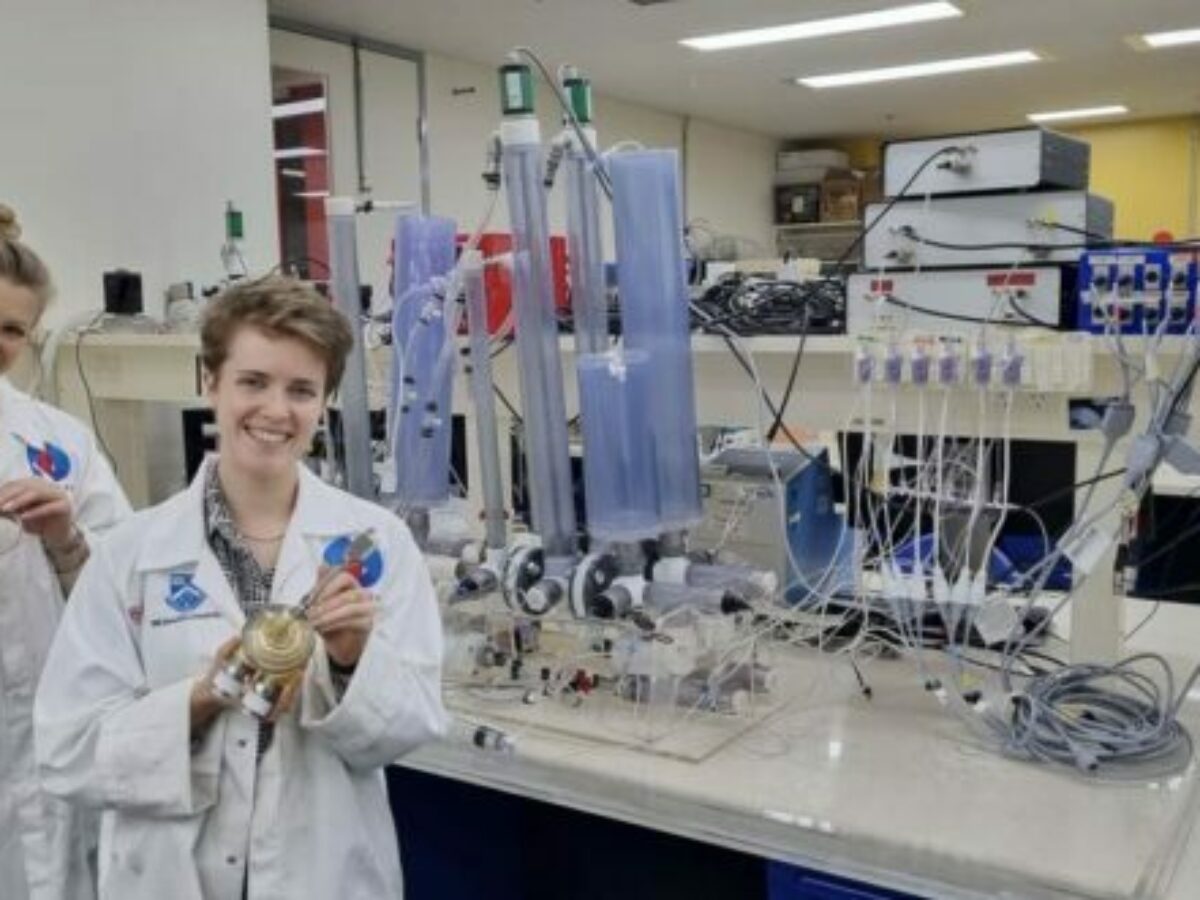Monash University team enters artificial heart competition
A team of Monash University biomedical engineering students has launched Heart Hackathon, a global artificial heart competition. According to a statement from Monash, the team is harnessing the greatest emerging minds in biotech innovation to design and commercialise a robotic heart that will help the 64 million people affected by heart failure globally. The competition is the world’s first student-led biomedical engineering competition of its kind, developed by Monash Young MedTech Innovators. It is supported by Australian medtech company Hydrix and USA-based SynCardia, the developers of the world’s only clinically available artificial heart. Undergraduate teams in Australia, New Zealand, Europe, Africa, the UK and the USA are designing and building artificial heart prototypes, which will be judged by experts at the annual conference of the International Society for Mechanical Circulatory Support (ISMCS).
Country's first renewable hydrogen microgrid launched
Australia's first remote renewable hydrogen microgrid launched in Western Australia's Gascoyne region on Friday. State energy minister Bill Johnston and hydrogen industry minister Alannah MacTiernan were present to celebrate first hydrogen being produced at the $9.3 million Denham Hydrogen Demonstration Plant. Once fully operational in early 2023, the plant is expected to be able to power the average demands of 100 households or 20 per cent of Denham's residents and businesses, as well as offset 140,000 litres of diesel annually. It includes a 704-kilowatt (kW) solar farm, 348kW hydrogen electrolyser, and a 100kW fuel cell providing an alternative to diesel generators. The project is being delivered by Horizon Power and Hybrid Systems Australia.
Safework NSW warns of on-the-spot fines
SafeWork NSW has said that new regulations allow them to issue on-the-spot fines for existing electrical work and asbestos offences through an amendment to the Work Health and Safety Regulation. Head of the organisation Natasha Mann said amendments allow inspectors to issue penalty notices for work near overhead wires, with fines of $3,600 for corporations and $720 for individuals. In the past two and half years, SafeWork NSW has responded to more than 1,000 workplace incidents involving workers coming into contact with electricity, two of which resulted in fatalities. Mann explained: “The most common risks associated with electrical work include contact with overhead powerlines, underground services and unsafe wiring that includes temporary wiring, installations and electrical equipment… “We will continue to take a zero-tolerance approach to workers’ lives being placed at risk.
Construction of Yarraman Waste Management Facility completed
Construction of the new $5.6 million Yarraman Waste Management Facility — Toowoomba Region’s first Tier 4 Waste Management Facility — has been completed. The new facility was built on the previous landfill site and forms part of the ongoing waste strategy across the region, according to the council. The project is funded by the Queensland government’s South East Queensland Community Stimulus Program (SEQCSP) in association with Toowoomba Regional Council. State government funding totalled $2 million. It is expected to be operational by late-November.
EA to hold second Climate Smart Engineering conference
Engineers Australia will hold its second Climate Smart Engineering conference (CSE) taking place on November 22 and 23. The hybrid conference to be held next week would focus on technologies to reach net zero and “bring together people from a diverse range of engineering disciplines, industry sectors, and environmental and social governance backgrounds” according to EA. CEO Romilly Madew said this year’s conference, “will shine a light on projects that have industry leading sustainability credentials and can highlight the ways in which the engineering profession can better manage the complex challenges of achieving net zero emissions.” Keynote speakers include inventor Dr Saul Griffith, and Kevin Hennessy, the Lead Author of the Australasia Chapter, IPCC’s sixth assessment report on Impacts, Adaptation and Vulnerability.
Picture: Heart Hackathon organising team members Nina Langer (left) and Taylah Banham (credit Monash University)






